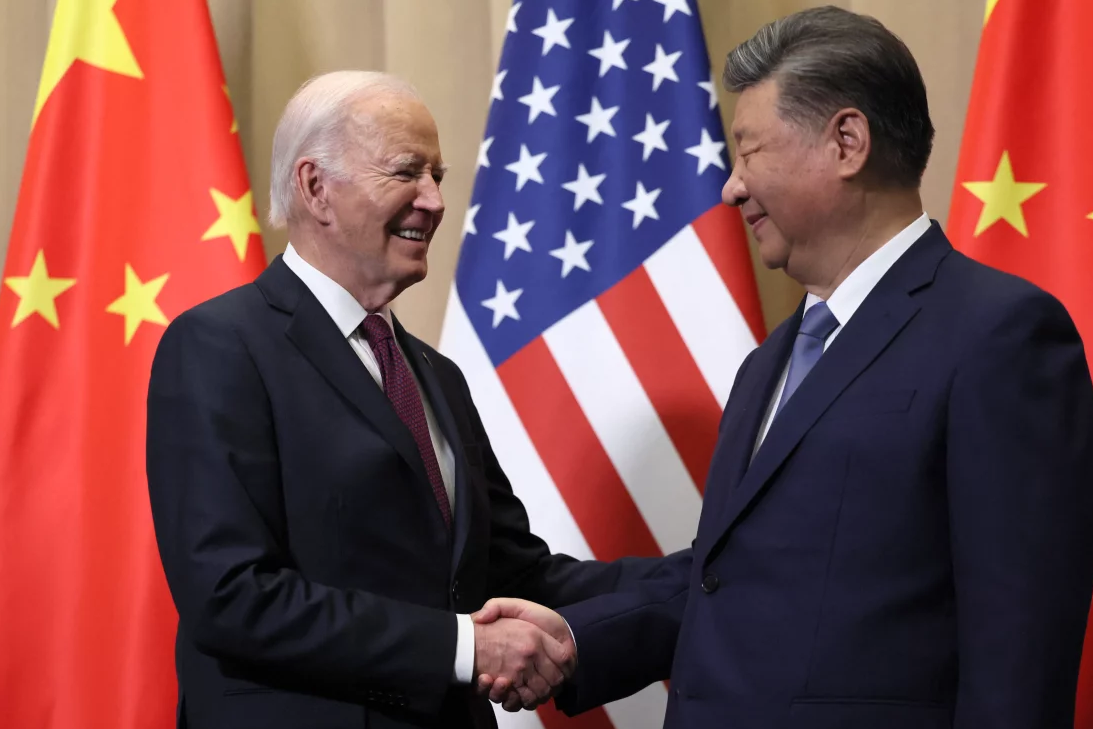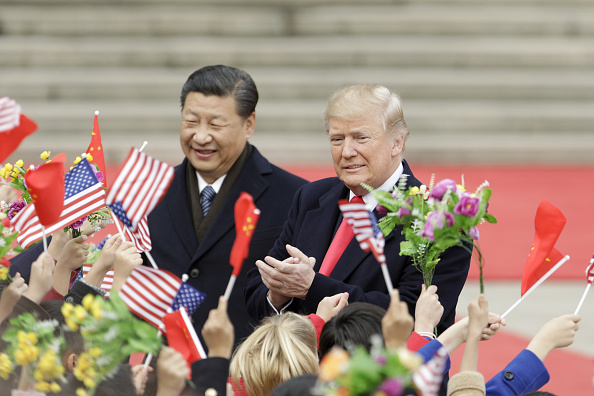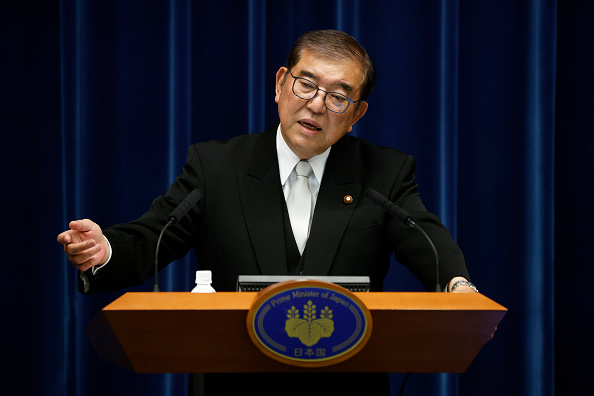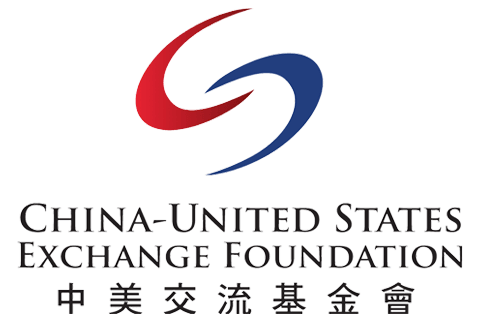
Dear Focus Reader,
Presidents Joe Biden and Xi Jinping met in person for the final time last weekend on the sidelines of the APEC summit in Lima, Peru, offering a moment for reflection on their years of diplomatic engagement. The meeting occurred against the backdrop of significant political shifts, with Donald Trump set to assume the U.S. presidency in January.
Both leaders described the U.S.-China relationship as "the most important" globally, emphasizing the necessity of careful management to prevent escalating tensions. Their discussions spanned key issues, including Taiwan, Ukraine, fentanyl production, and economic cooperation. Notably, they reached an agreement to ensure that artificial intelligence never replaces human control in decisions involving nuclear weapons, a groundbreaking step toward preventing AI-driven conflict.
Xi acknowledged the evolving dynamics, expressing a desire for stability during the upcoming transition. "China's goal of a stable, healthy, and sustainable China-U.S. relationship remains unchanged," Xi stated. Biden echoed the importance of candid communication while reflecting on past moments of cooperation and discord.
The meeting also marked an inflection point, with both leaders aware of the uncertainties Trump's return might bring. Xi's comments hinted at apprehension regarding Trump's policies, including tariffs and a more hawkish stance on Taiwan. Meanwhile, Biden focused on maintaining open channels of communication, noting, "What has made our relationship function is the candor and directness of our conversations."
This encounter was not only a farewell but also an opportunity to forecast the challenges ahead. Trump's potential trade policies, his approach to alliances, and his posture in the Indo-Pacific will undoubtedly shape future U.S.-China relations. Meanwhile, Biden leaves a legacy of fostering trilateral cooperation between the U.S., Japan, and South Korea—a strategic counterbalance to China's growing influence.
Learn more about U.S.-China relations by catching up on our latest Focus content, including topics on U.S.-China relations under Biden, China's economy under a second Trump presidency, the state of U.S.-Japan relations, and more.
The trade volume between China and ASEAN in 2023, making them each other's largest trading partners for four consecutive years.
Learn more in "China Should Not Worry about Trump's Second Term," by Ghulam Ali, Deputy Director at Hong Kong Research Center for Asian Studies.
Changbai Mountain
Watch VideoDeep in the heart of China exists a thriving ecosystem of rare wildlife that lives in the shadow of a lava plateau with more than a dozen small volcanoes. While this area is a nature-lover's paradise, some of its protected animals are at risk of being hunted, and efforts are currently underway to safeguard the region's unique species.
Question of the Week:
In our Focus Insights section, we shared an article by David Shambaugh, Director of China Policy Program at George Washington University, analyzing the current state of U.S.-China relations under the Biden administration.
We want to hear from you!
In your opinion, what has been the most significant achievement in U.S.-China relations during the Biden administration?
Submit your thoughts to USeditor@chinausfocus.com for a chance to be featured in next week's Focus This Week.
useditor@chinausfocus.com for more info.
Prepared by China-US Focus editorial teams in Hong Kong and New York, this weekly newsletter offers you snap shots of latest trends and developments emerging from China and the U.S. every week. It is a community space to exchange thoughts and ideas about the China-U.S. relationship and beyond.
- 2024-11-15 Focus This Week: Reflection and Forecast
- 2024-11-08 Focus This Week: Election Aftermath
- 2024-11-01 Focus This Week: Entering A New Era
- 2024-10-25 Focus This Week: Building Bonds at BRICS
- 2024-10-18 Focus This Week: “A Partner and Friend”
- 2024-10-11 Focus this Week: Tense Waters
- 2024-10-04 Focus This Week: 75 Years of the PRC
- 2024-09-27 Focus This Week: Critical Crossroads
- 2024-09-20 Focus This Week: An Uphill Battle
- 2024-09-13 Focus This Week: Competing Visions
- 2024-09-06 Focus This Week: Increasing Influence
- 2024-08-30 Focus This Week: Dialogue and Diplomacy
- 2024-08-23 Focus This Week: Intensifying Competition
- 2024-08-16 Focus This Week: Working Group Progress
- 2024-08-09 Focus This Week: Walz-ing into a new era?
- 2024-08-02 Focus This Week: Time Remaining
- 2024-07-26 Focus This Week: Political Shifts
- 2024-07-19 Focus This Week: The Third Plenum
- 2024-07-12 Focus This Week: 75 Years of NATO
- 2024-06-28 Focus This Week: The Race to November



